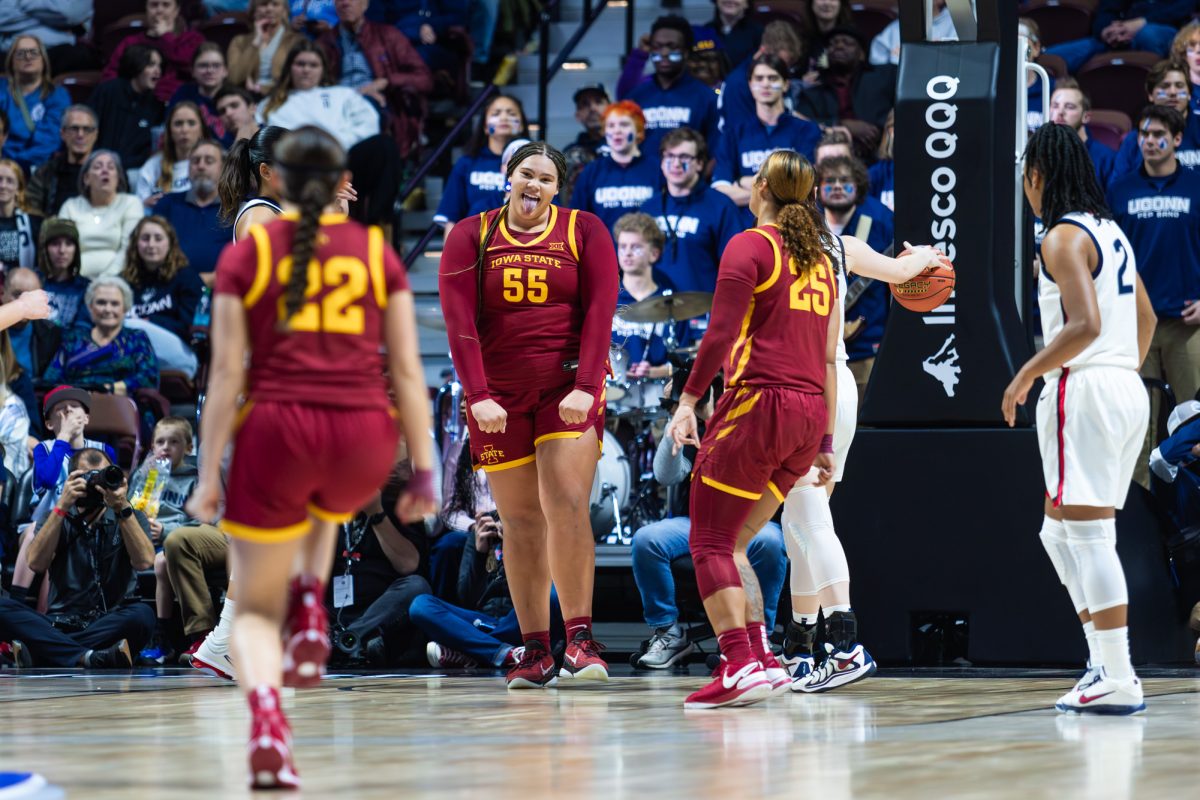Program provides specific master’s degree
July 30, 2003
This is the last in a three-part series about new graduate programs at Iowa State recently approved by the Iowa Board of Regents.
A new interdepartmental graduate program combining science, technology and communication will provide graduate students with better credentials upon graduating.
The new program, approved July 17 by the Iowa Board of Regents, allows students to get a masters of arts in rhetoric, composition and professional communication.
Helen Ewald, professor of English, said this program is the only one of its kind in the state of Iowa.
There is a wide range of courses for those focusing on academia and on business and industry, Ewald said, including courses in teaching, professional communication theory, business writing and visual communication.
The need for this program came with an increased mix between technology and professional communication, Ewald said, including the need for individuals familiar with computer-assisted writing instruction.
“It bridges the gap between technical communication and rhetoric,” Ewald said.
Since 1982, Iowa State has offered rhetoric, composition and professional communication as a specialization for graduate students in the English department, according to the Board of Regents Web site, www2.state.ia.us/regents/.
The new program will change a student’s degree in English to a master’s degree specifically in rhetoric, composition and professional communication.
“Students who earn a degree in this field deserve the needed recognition,” said Charles Kostelnick, professor and chair of the English department. “Credentials are important.”
Rebecca Burnett, professor of English, said she agrees a specialized degree is important to have when seeking employment.
“We believe graduates would be at an advantage by having a separately identified degree that identifies an area of expertise,” Burnett said.
Ewald said the curriculum of the new program is currently identical to the former specialization but will change soon.
“With the new degree, we will be able to devote more hours to media and technology courses,” Ewald said.
“We will have the flexibility to develop new courses.”
The addition of this program was not contested by the Board of Regents because of its current existence as a specialization, Ewald said.
The existing faculty is adequate to support the program, Ewald said, but a technology expert is needed.
“We hired someone in multi-media technology before approval [of the program],” Kostelnick said.






